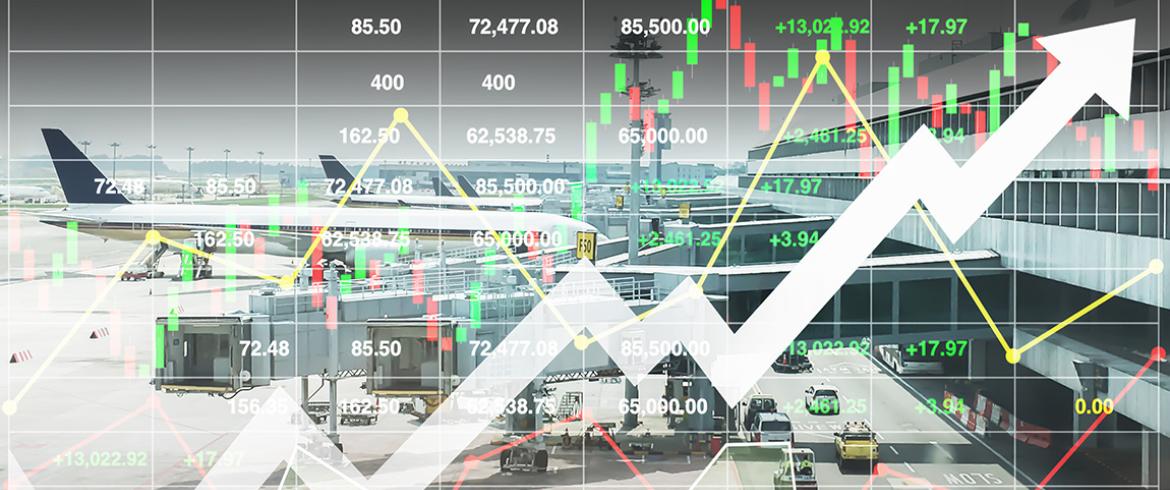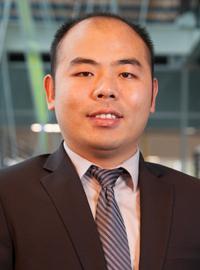
Photo illustration by ekapolsira for Adobe Stock
A new National Science Foundation (NSF) research initiative brings together FAMU-FSU College of Engineering researchers and the airline industry on a mission to train the next generation of aviation data analytics workforce. The group is working on one of the “NSF’s Ten Big Ideas” push to “Harness the Data Revolution.”

“We want our engineering students to have opportunities that lead to a successful career in data analytics,” Yanshuo Sun, an industrial and manufacturing engineering assistant professor at the FAMU-FSU College of Engineering, said. “One of NSF’s 10 big ideas is to harness the data revolution, which requires skilled professionals to meet our nation’s demands. We want our students to get the training they need to be part of this exciting industry.”
Sun and a team of researchers are developing a data analytics training program in collaboration with the Operations Research and Advanced Analytics group at American Airlines. They are designing educational and research activities to create a pathway for student success, from mentorship and career development to graduate research opportunities.
“One of the first activities we are launching is an annual competition co-hosted by American Airlines that focuses on big data analytics for undergraduate and graduate students,” Sun said. “We are introducing new opportunities for underresourced engineering students to enter the aviation data analytics field.”
Engineering and data science students at all levels can apply their data science knowledge to analyze large-scale aviation datasets, competing in separate tracks with different problem statements based on airline requests.
Each spring, students will present their solutions in a college-level competition. The winners will be invited to an airline-hosted event in Fort Worth, Texas, where they can present their research, interact with professionals, participate in hackathons, and explore career opportunities in aviation.
“The program is multifaceted and will give students the tools they need to succeed,” Sun said. “Participants will receive credit for our newly launched Engineering Data Analytics Certificate Program to further validate their training in the industry.”
Why it matters:
Big data is reshaping the aviation industry and many other businesses globally. Finding hidden patterns and correlations from the massive volumes of collected data makes the information more useful. This gives the airlines a competitive edge, enhances safety and efficiency and improves the passenger experience.
Through the college, the grant positions Florida A&M University (FAMU), a top-ranked HBCU, in a strategic research and educational partnership with American Airlines to give students mentorship and coursework directly related to the industry.
The program will excite young minds, generating questions and formulating answers that accelerate discovery and innovation. The ideas will spill over to help other areas where data analytics can improve our lives, making our cities, workplaces and environments more livable.
Who’s involved:
Sun works with co-investigator Chiwoo Park, an industrial and manufacturing engineering professor at the joint college, and several researchers in the Operations Research Advanced Analytics Group (ORAA) at American Airlines including Jose Ramirez-Hernandez, operations research senior lead consultant.
Where’s the money coming from:
The NSF HBCU-Undergraduate Program funds the two-year, $200,000 study through FAMU, which aims to strengthen STEM undergraduate education and research at HBCUs.
RELATED ARTICLES
Designing a Better System for Disadvantaged Travelers and Providers
